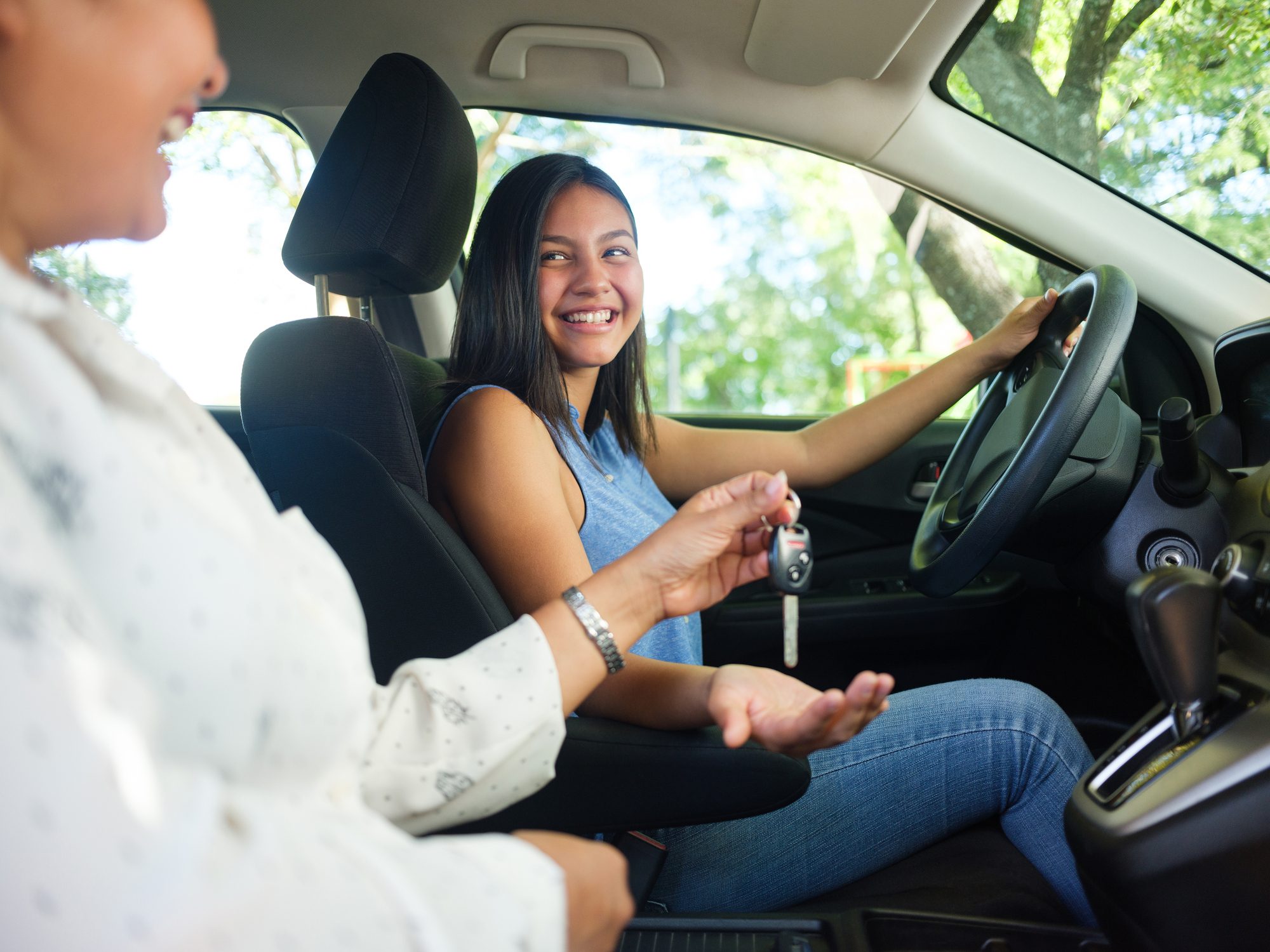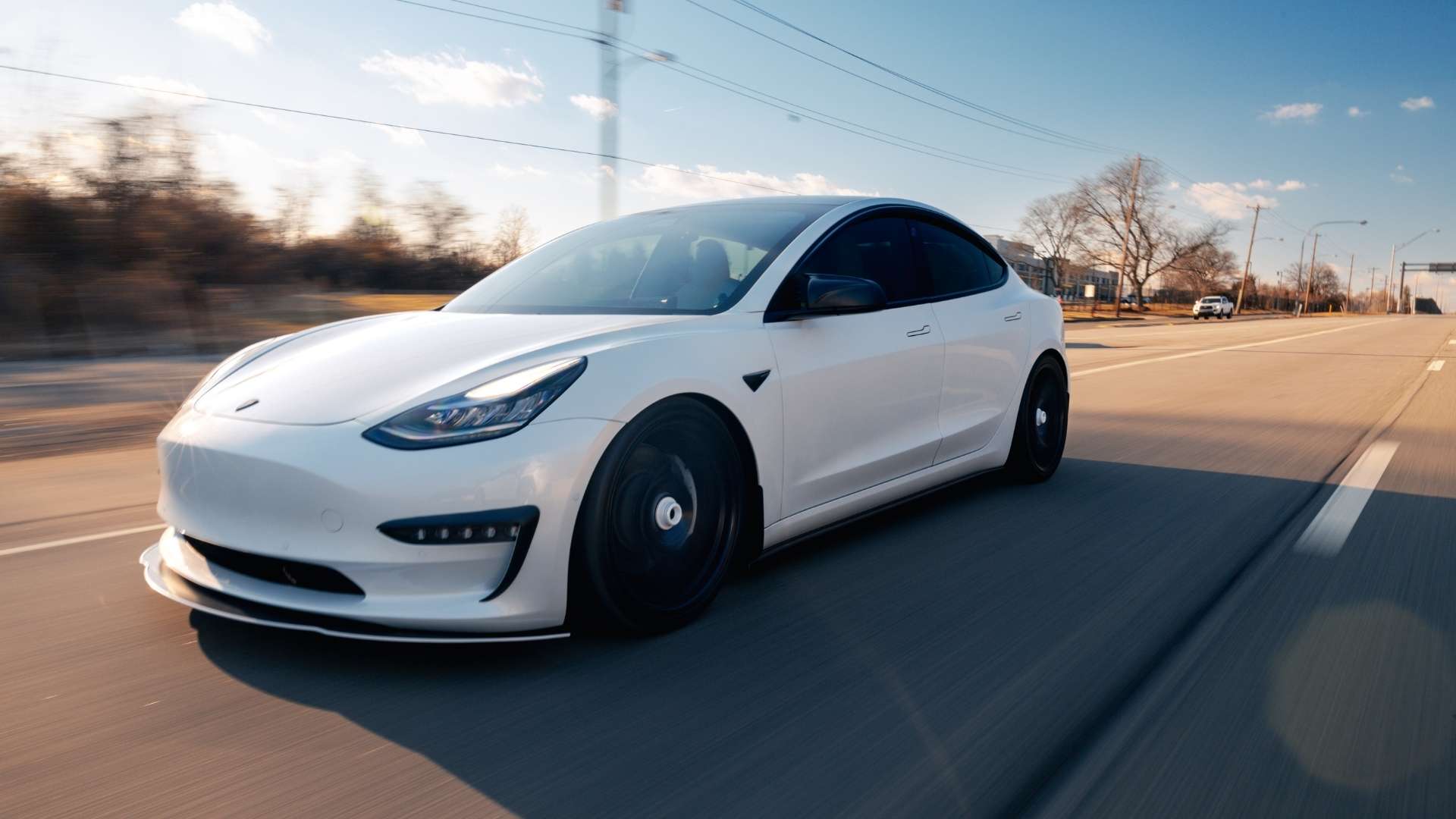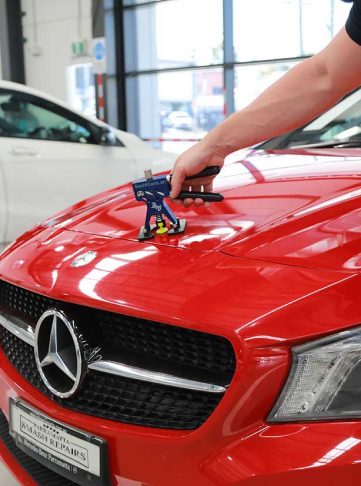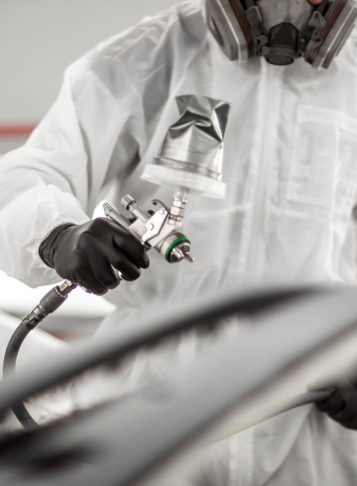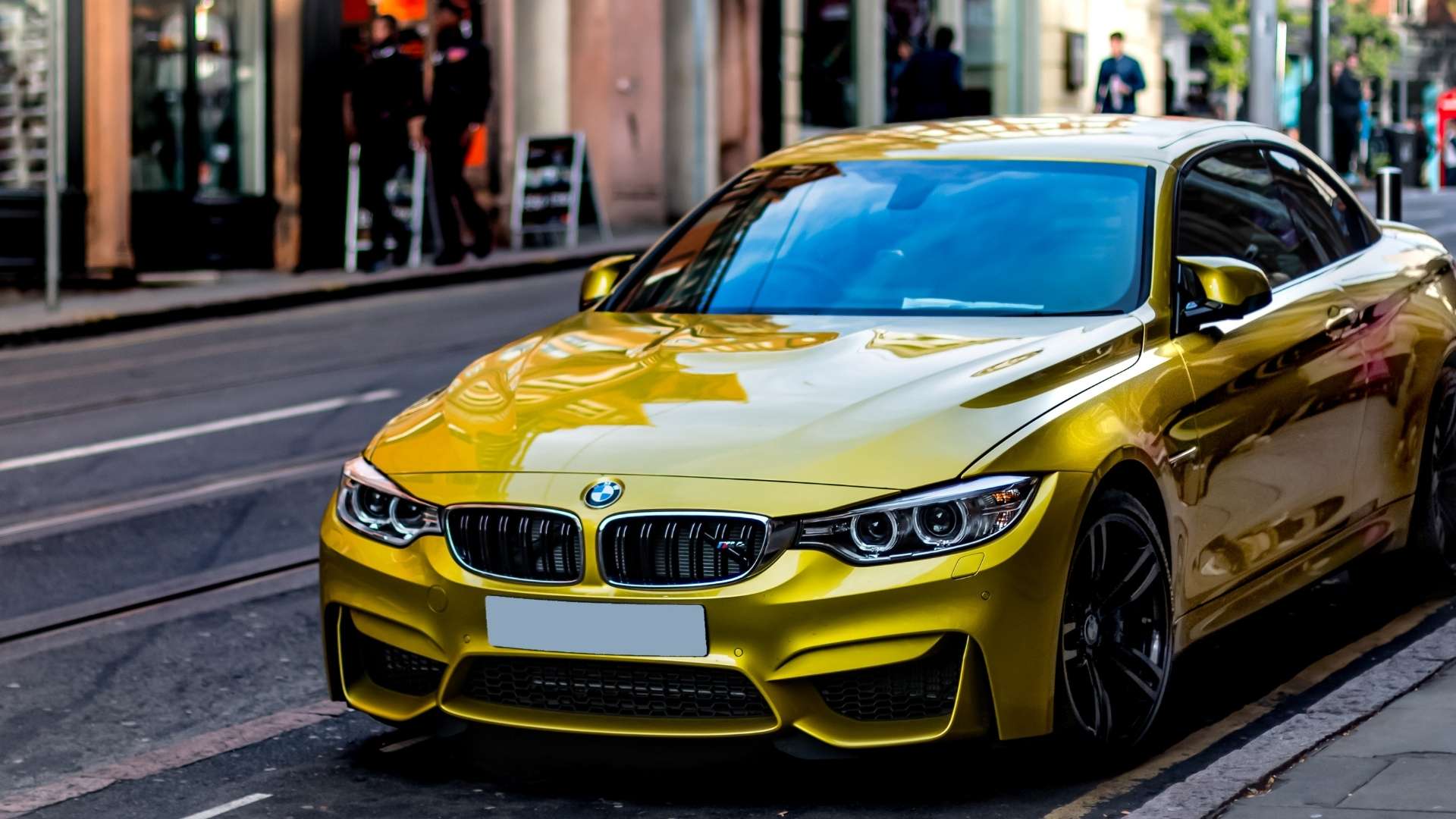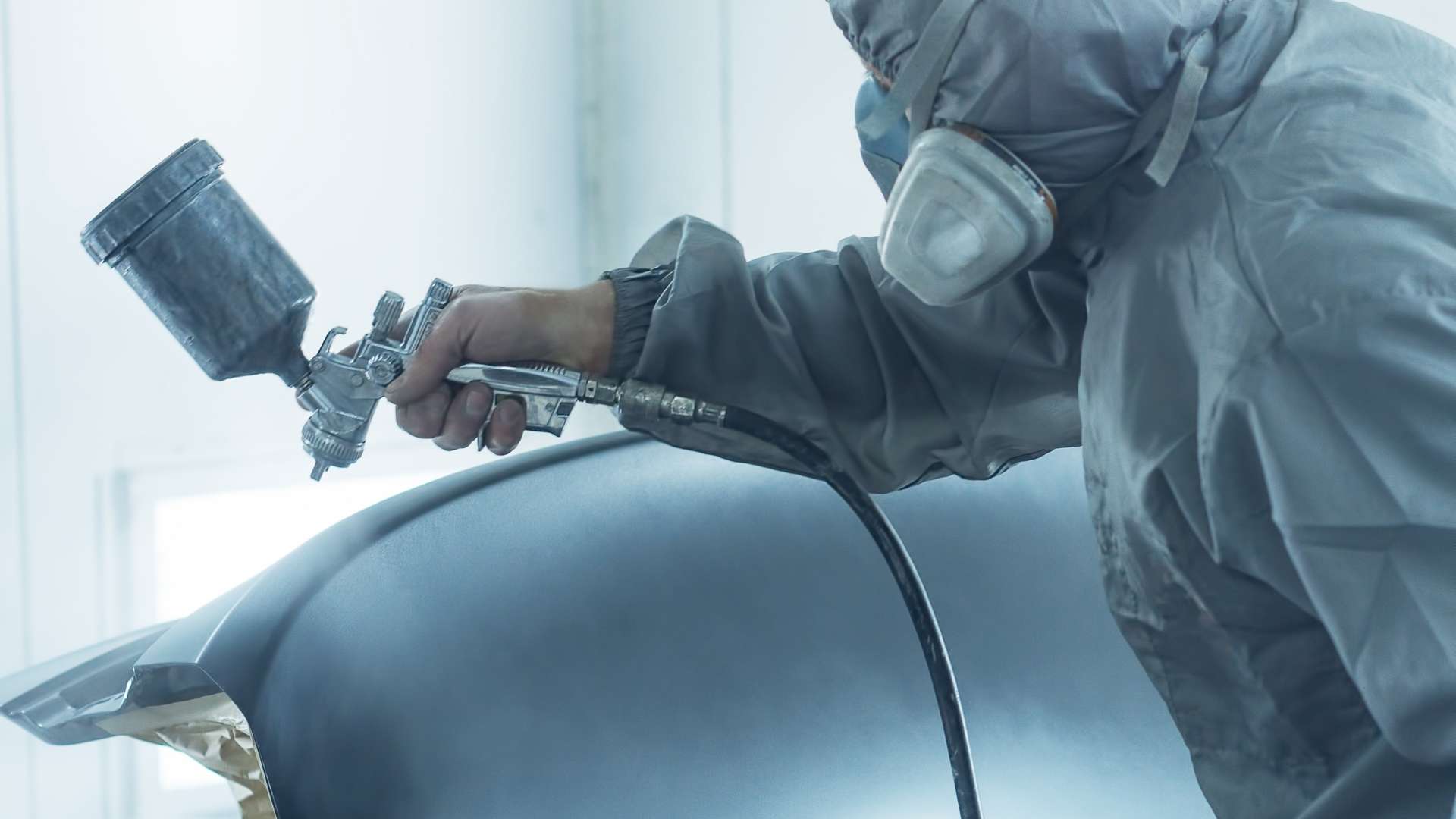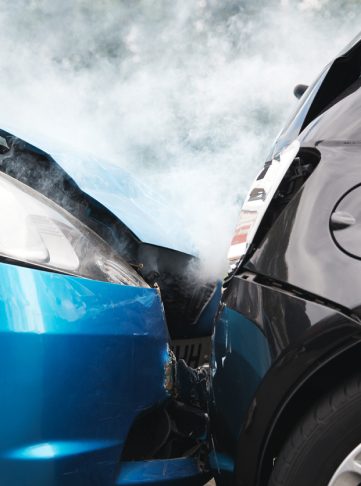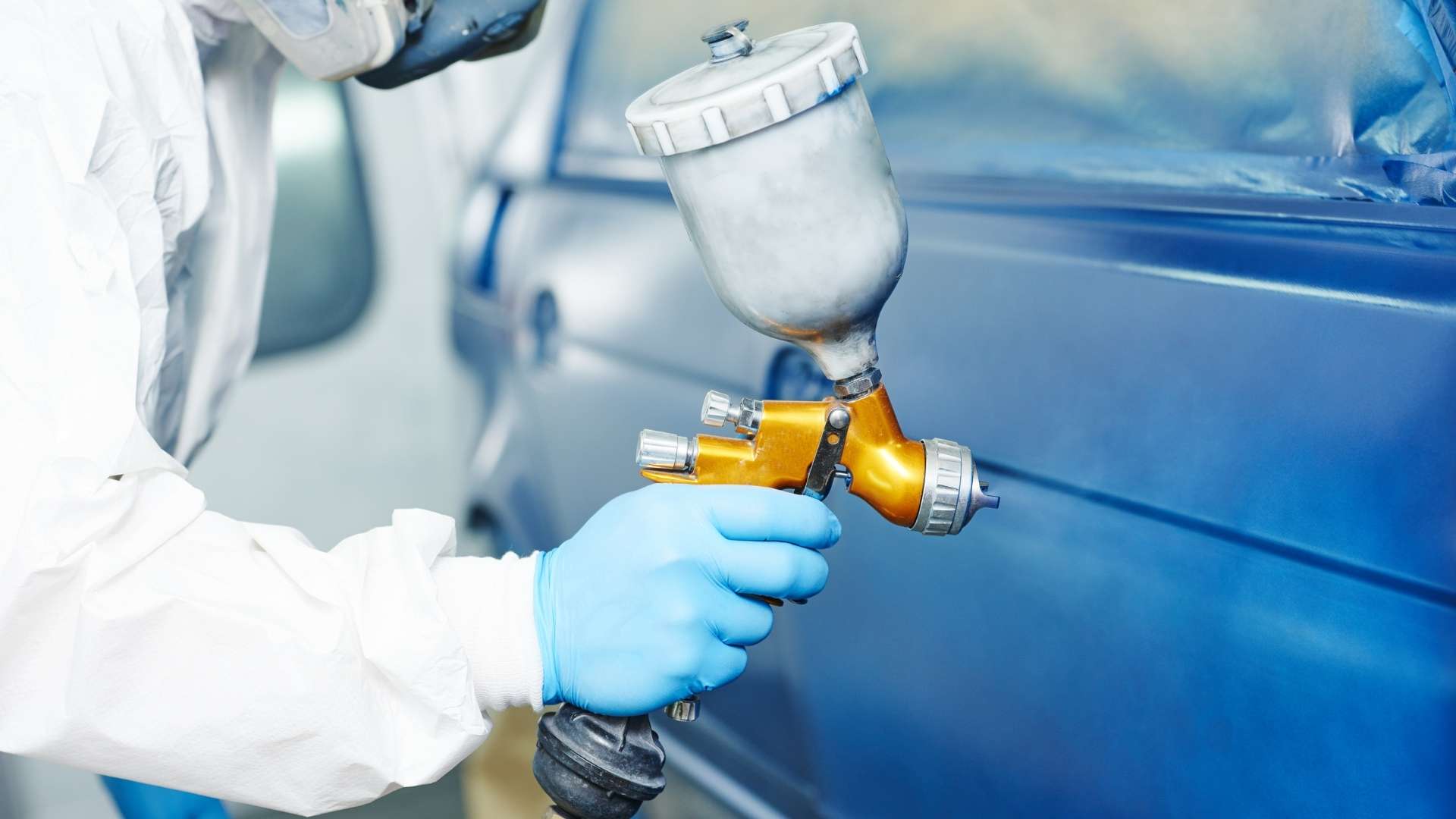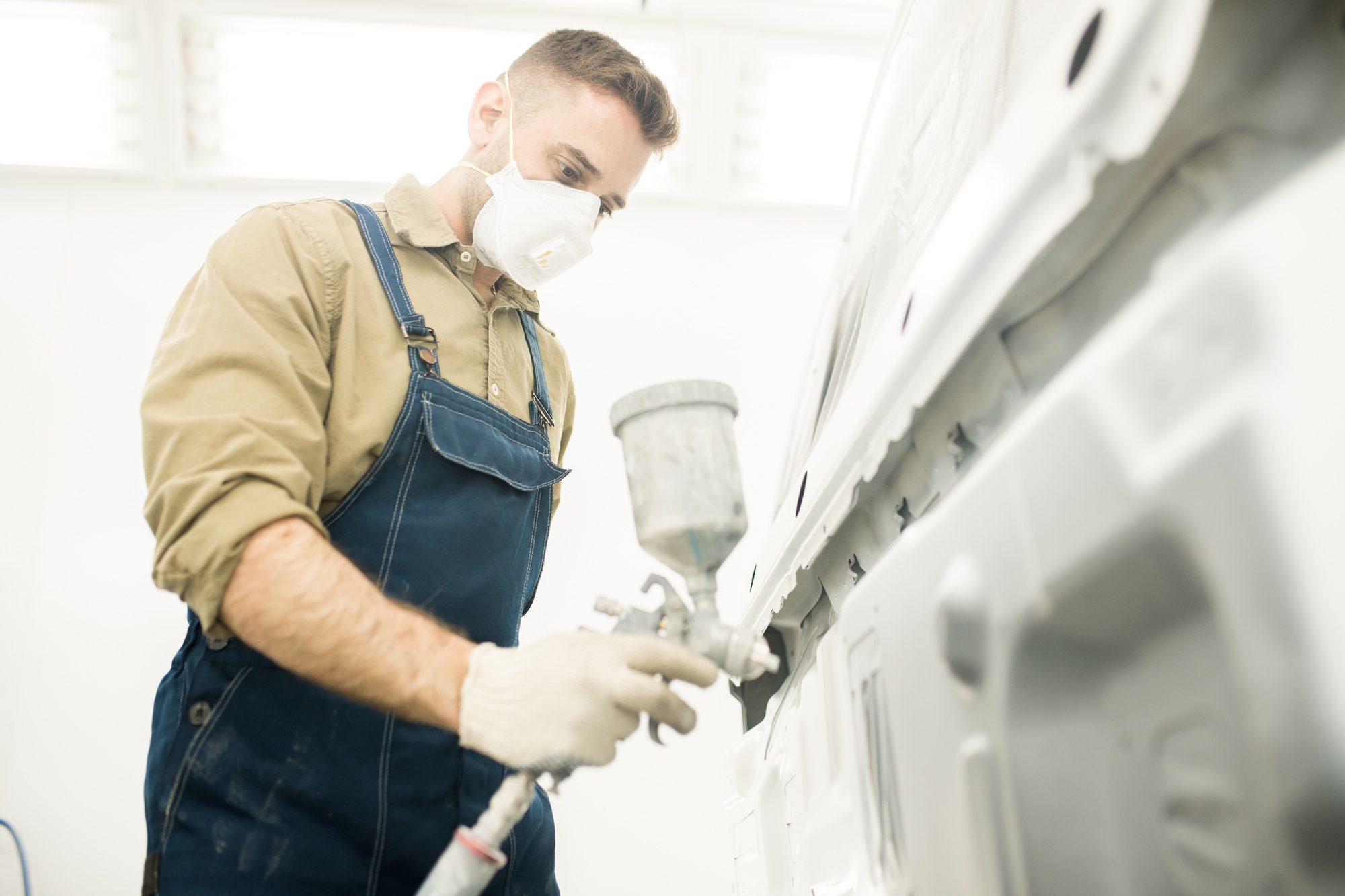While you don’t want to think about an accident when on the road, the truth is, they do happen. Sometimes the type of car you drive contributes to your safety while driving. Of course, the size of your car won’t have much bearing if you’re involved in a serious accident. But for smaller accidents and fender benders, size matters.
No matter how minor or major the resulting damage, always take your vehicle for an appointment for collision repair in Dallas right away.
Let’s take a look at whether larger or smaller cars are safer in a collision.
1. Newer Cars Are Best
Modern cars have the safety features that will protect you in the event you have an accident. They are designed to keep you and your passengers safe while the car is in motion, which minimizes injury and risk of death. Standard safety features include:
- Blind spot warnings: These alert you when other vehicles are located in your blind spot as you change lanes.
- Airbags: These are located throughout the vehicle, such as the side, front, rear, and side-curtain.
- Electronic stability controls: These keep your vehicle stable in the event it starts to spin out of control. They also minimize the chance of rollovers.
- Back-up sensors/backup cameras: These can help prevent rear-end collisions by alerting the driver to impending obstacles.
2. Weight and Size
Yes, bigger cars are obviously heavier, but they also have another thing going for them: they can absorb impact forces more efficiently than small cars. With added weight comes a reduction in damage and risk. Specifically, larger hoods feature a better crumple zone than smaller cars when a head-on collision is involved.
3. Momentum
The heavier your vehicle is, the more momentum It needs to start and stop. In a crash, the energy of the big car transfers to the small car, which results in more damage. In addition, the impact force more often results in injury to the driver and passengers.
Also, big cars will push small cars in a collision, so whiplash injuries and the like are increased.
What’s the Verdict?
Bottom line is that SUVs are the safest vehicles when it comes the lowest number of fatalities but they have a higher rollover risk. It comes as no surprise that mini cars have the lowest safety ratings and are connected with more fatalities. Next up are small cars and large trucks, which also have low safety ratings.
That said, smaller sedans and SUVs have come a long way in recent years, with fatality ratings that have improved by 60 percent, mainly due to advanced airbag technology, stronger roof strength and forward collision warnings.
Here are some tips when you’re looking for a new vehicle:
- Buy a new car if you can
- Buy a newer used car if brand new is not an option
- Check the safety ratings
- Heed safety features
Contact Top Tier Auto Body
No matter what kind of vehicle you have, if you have been in a collision, make an appointment with us right away so we can make the repair and get you on the road again with safety as a priority.

